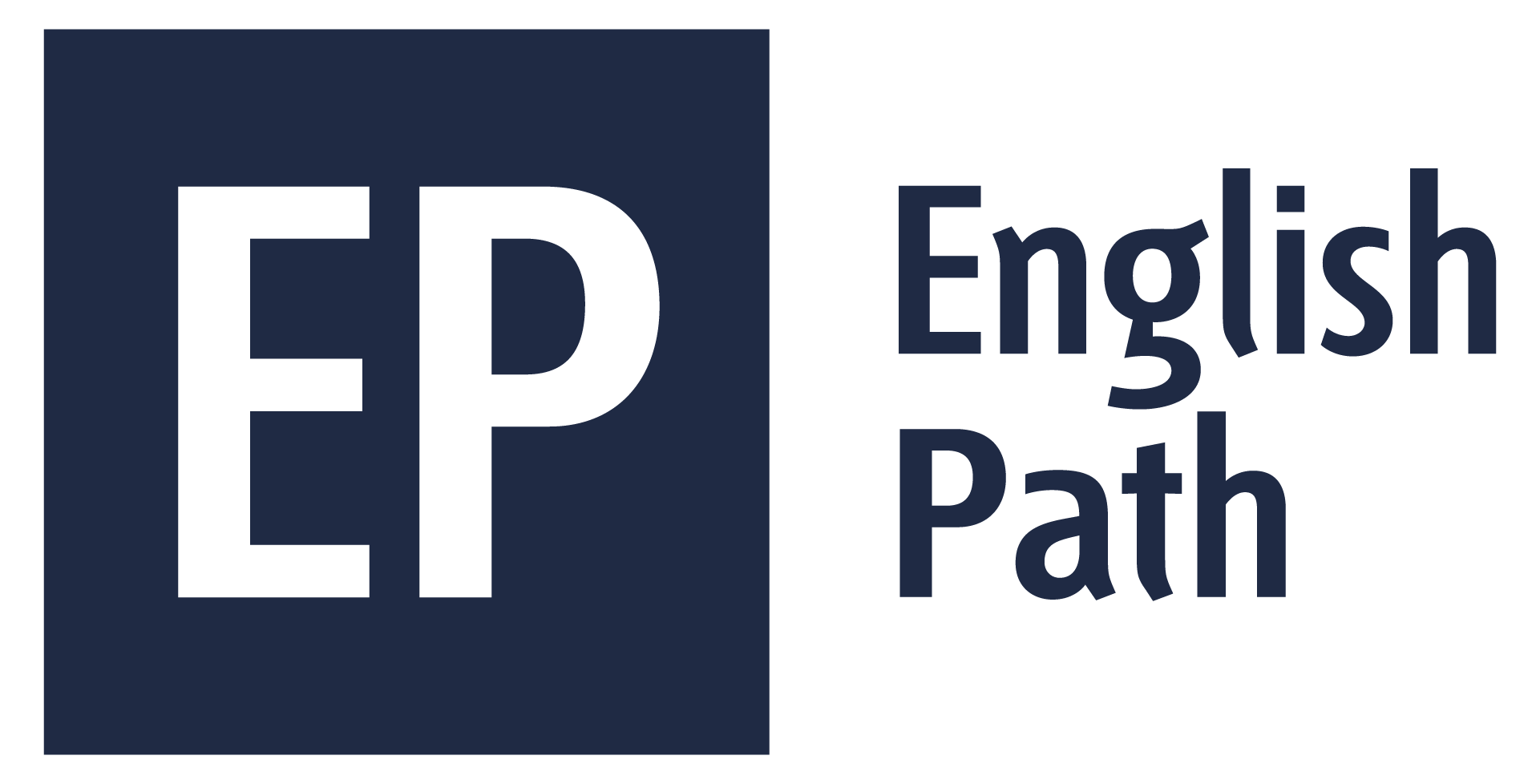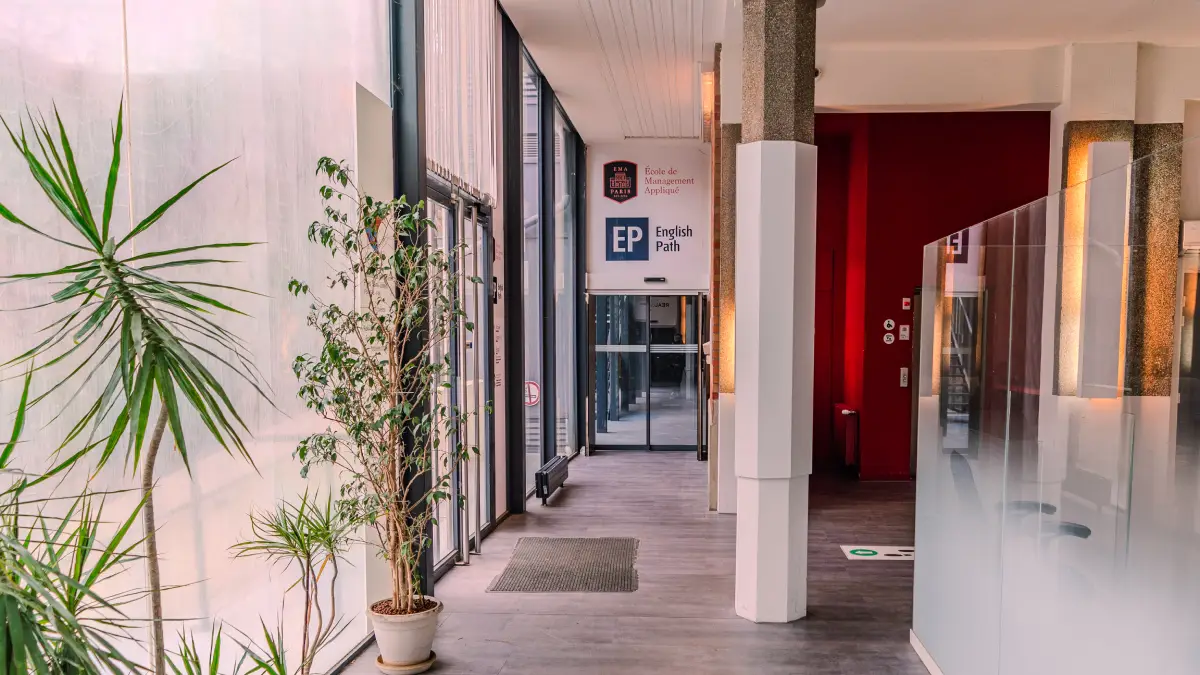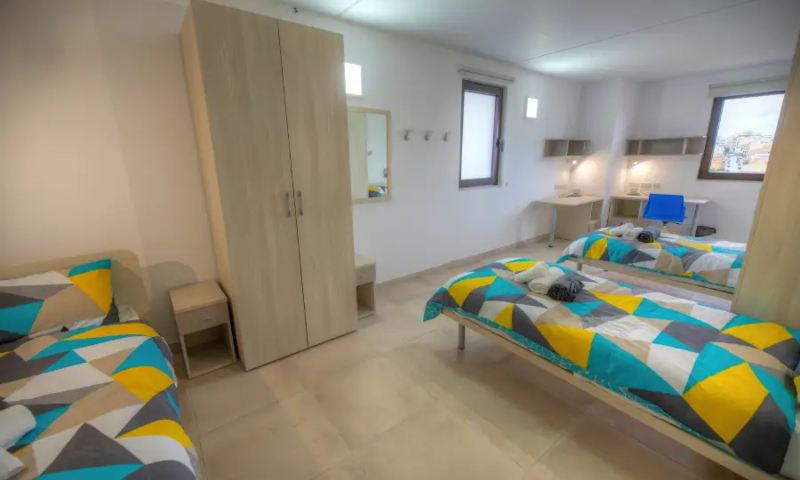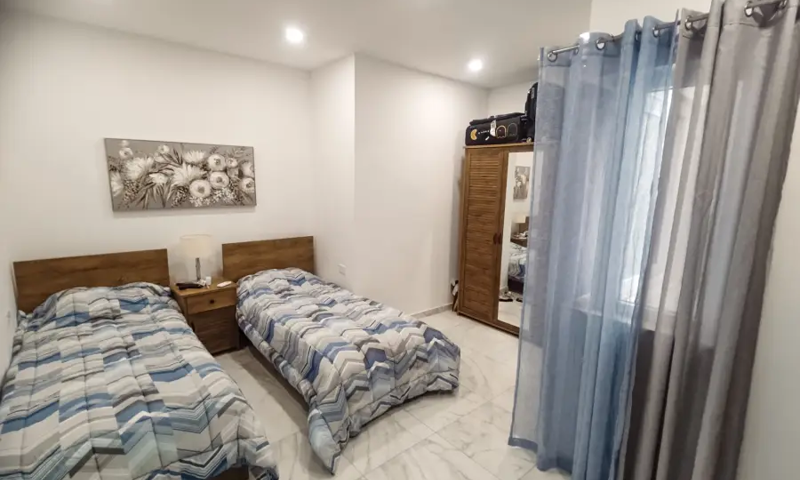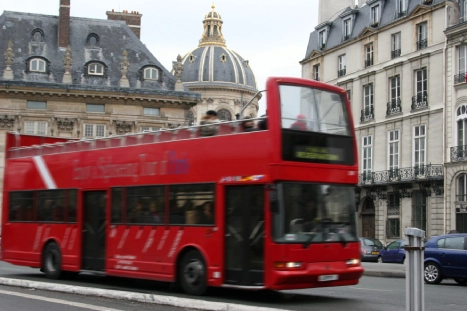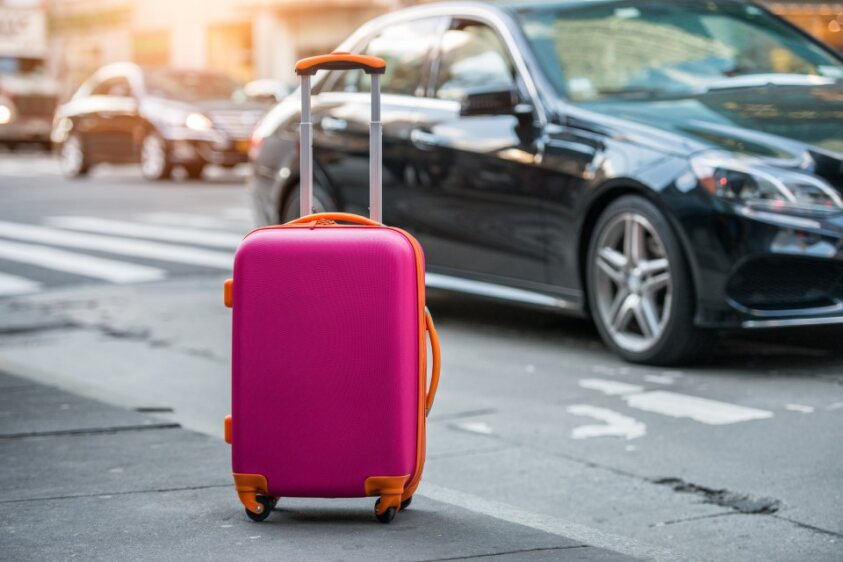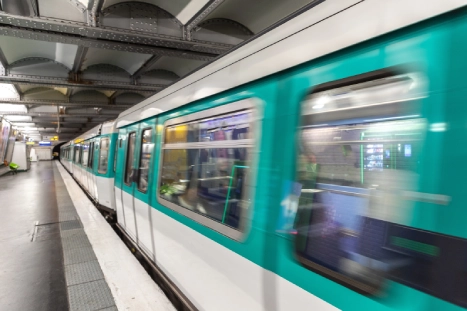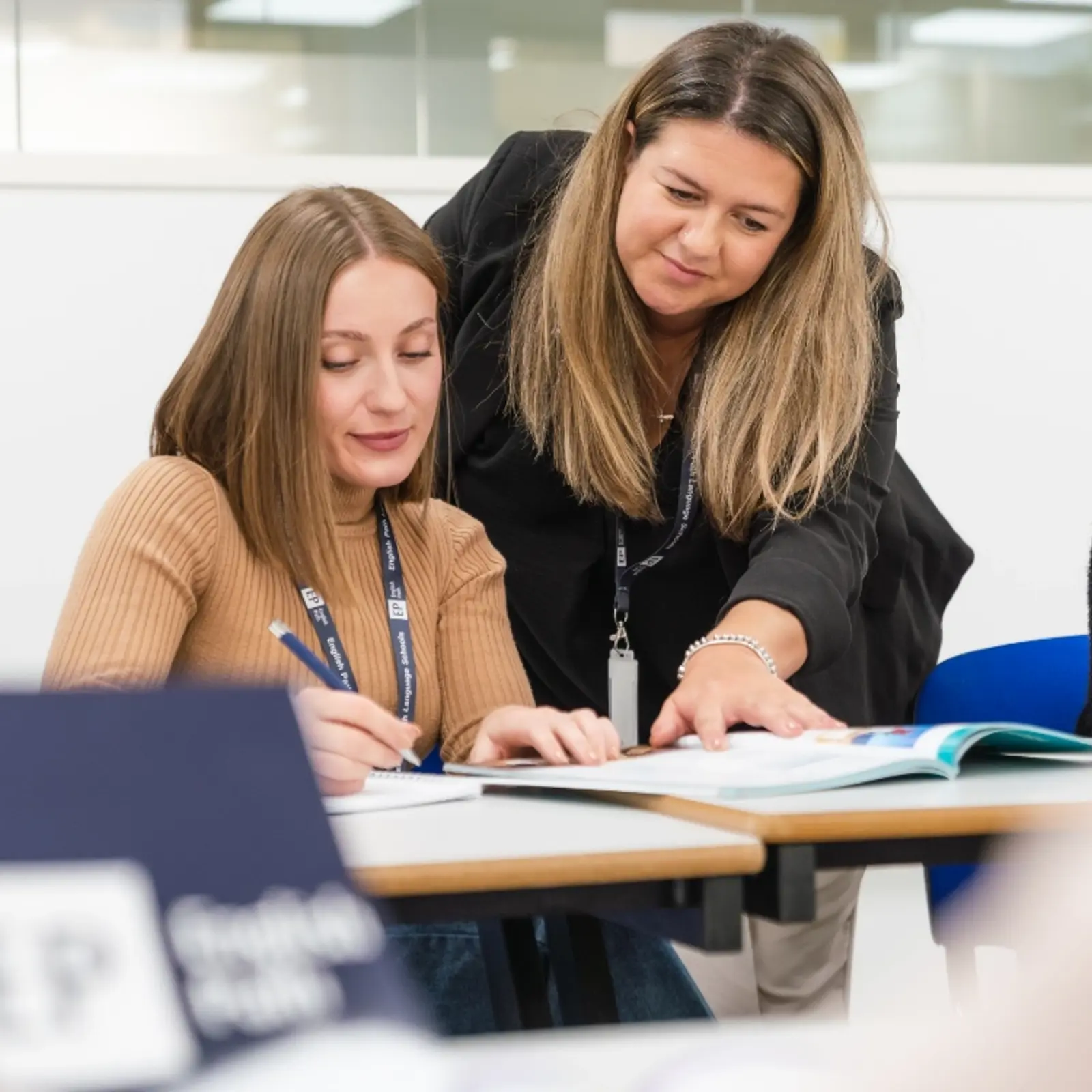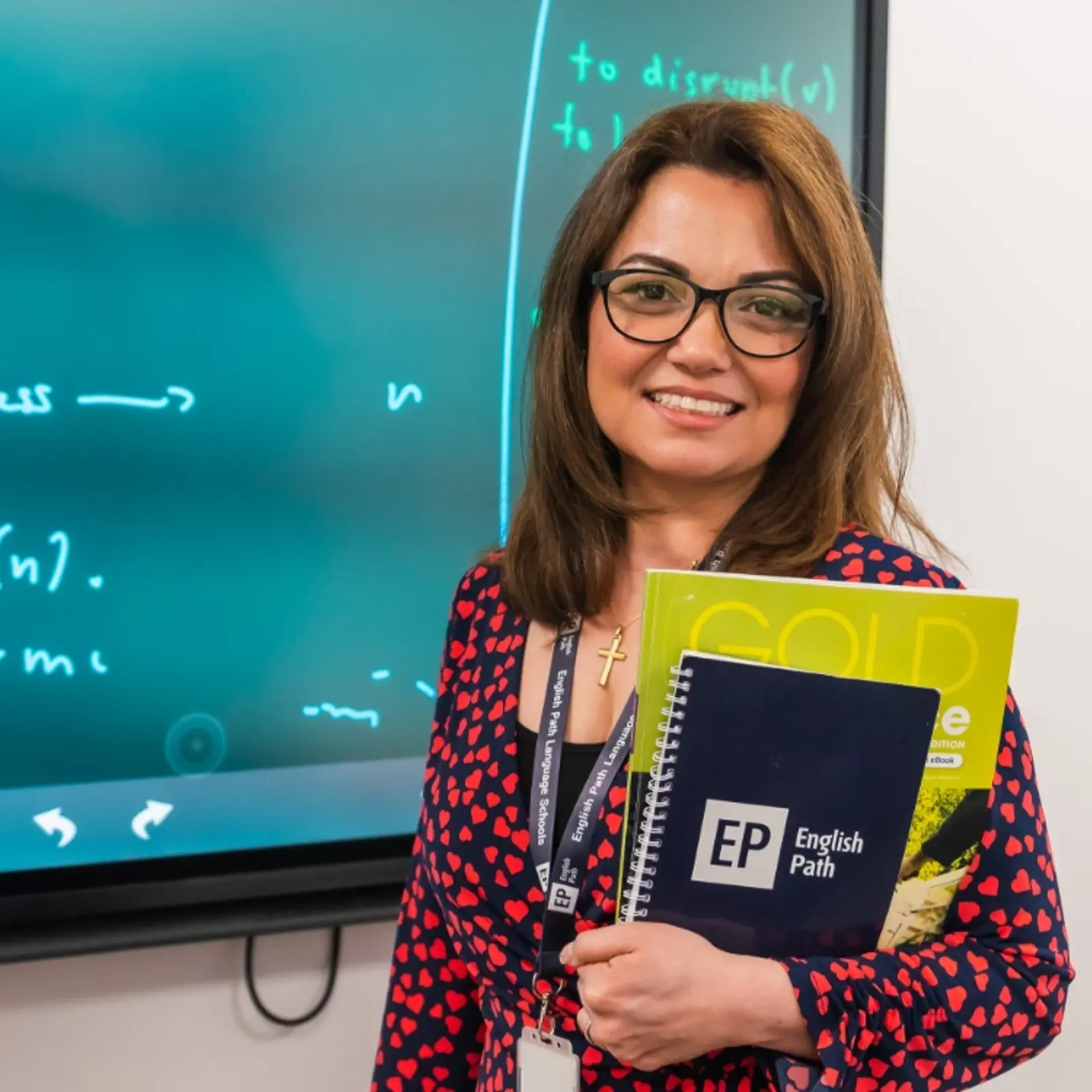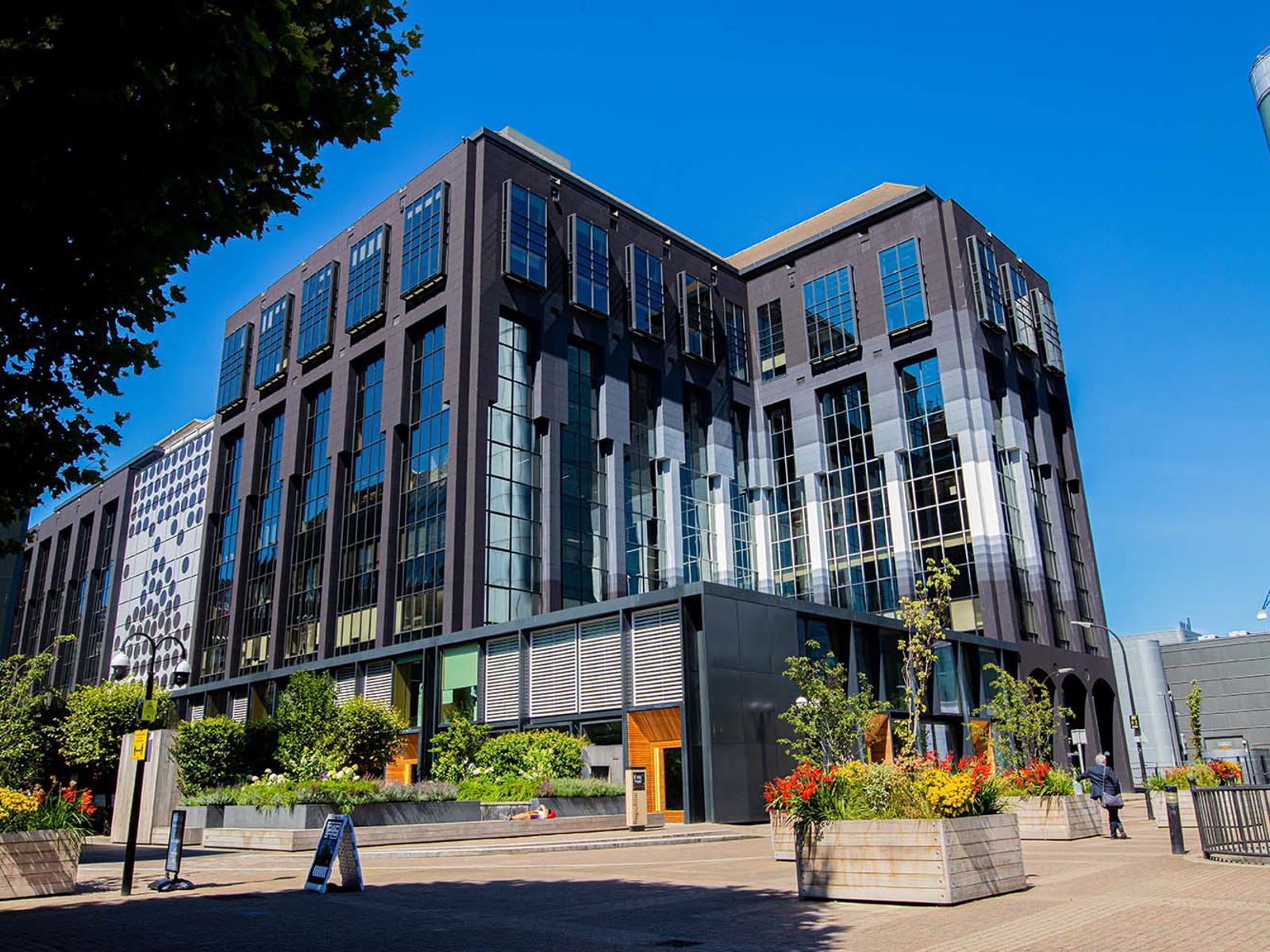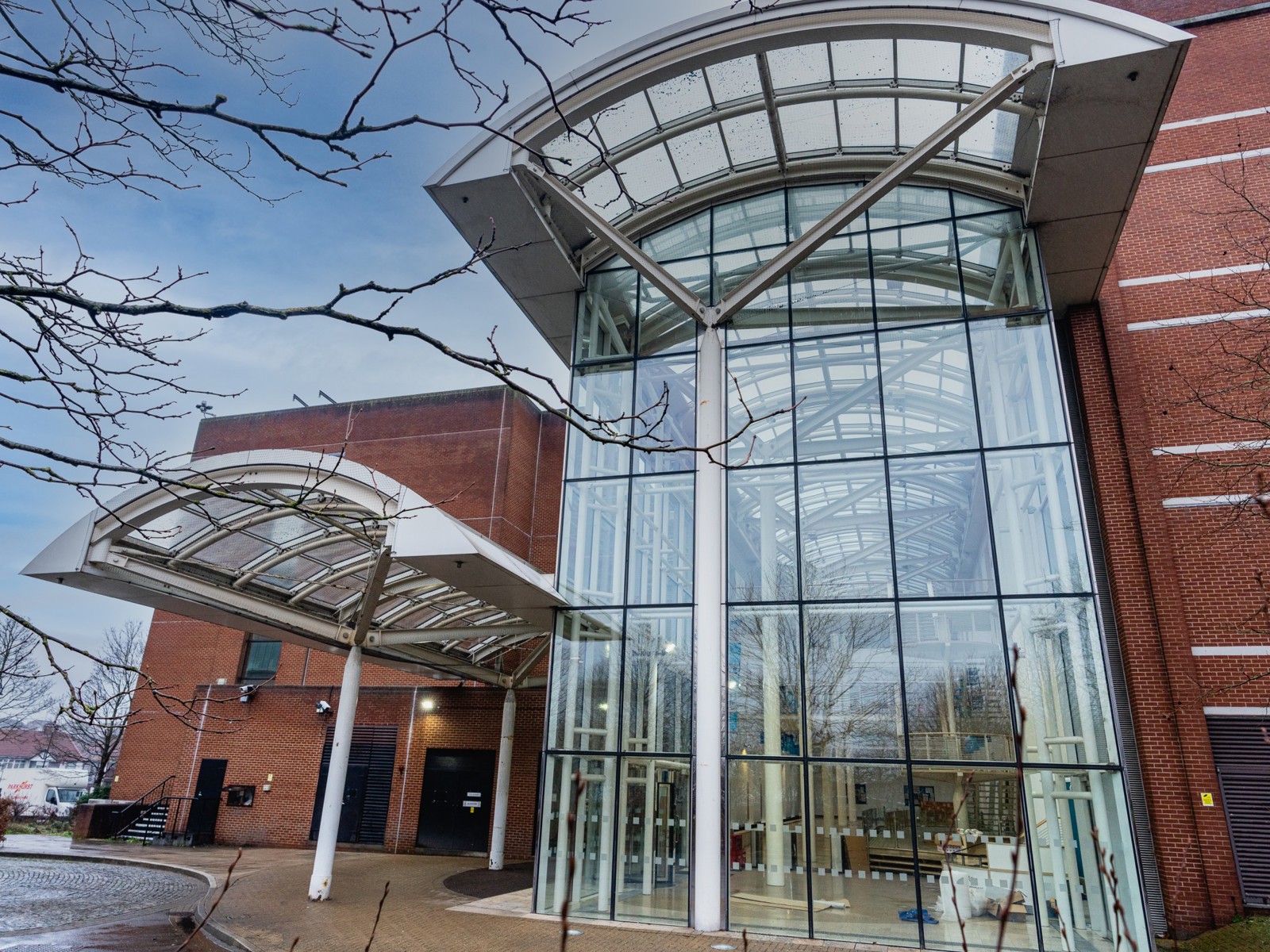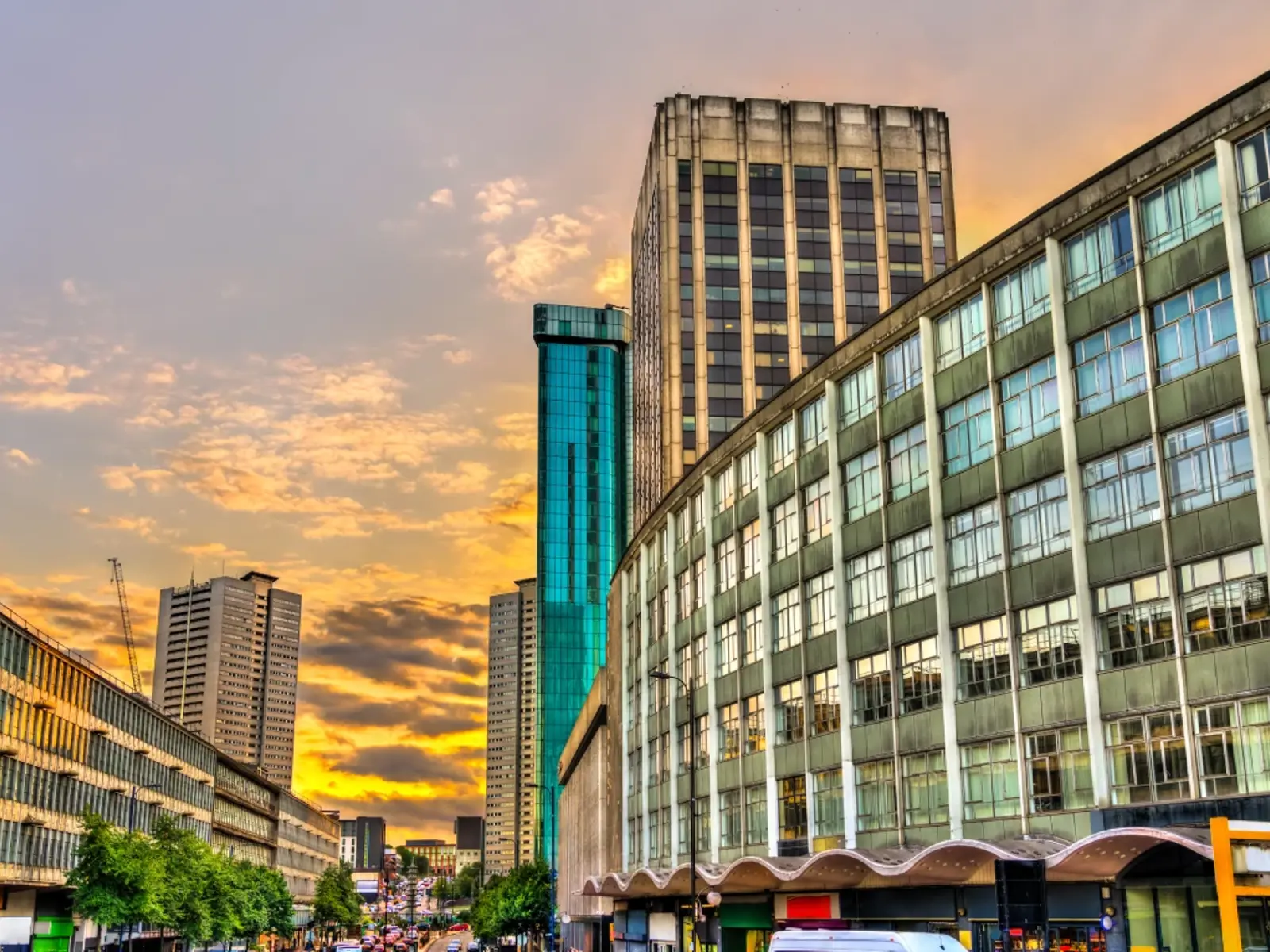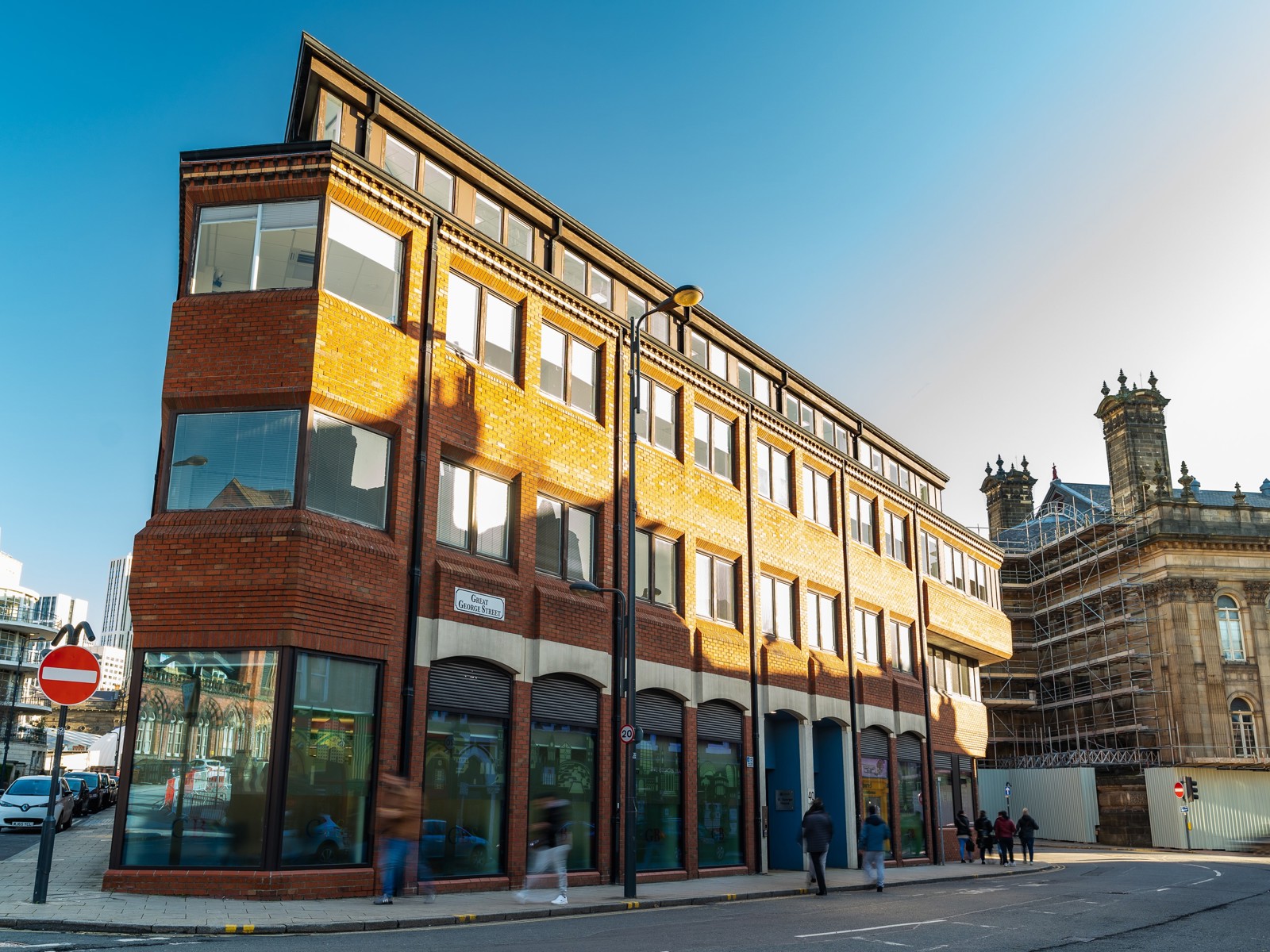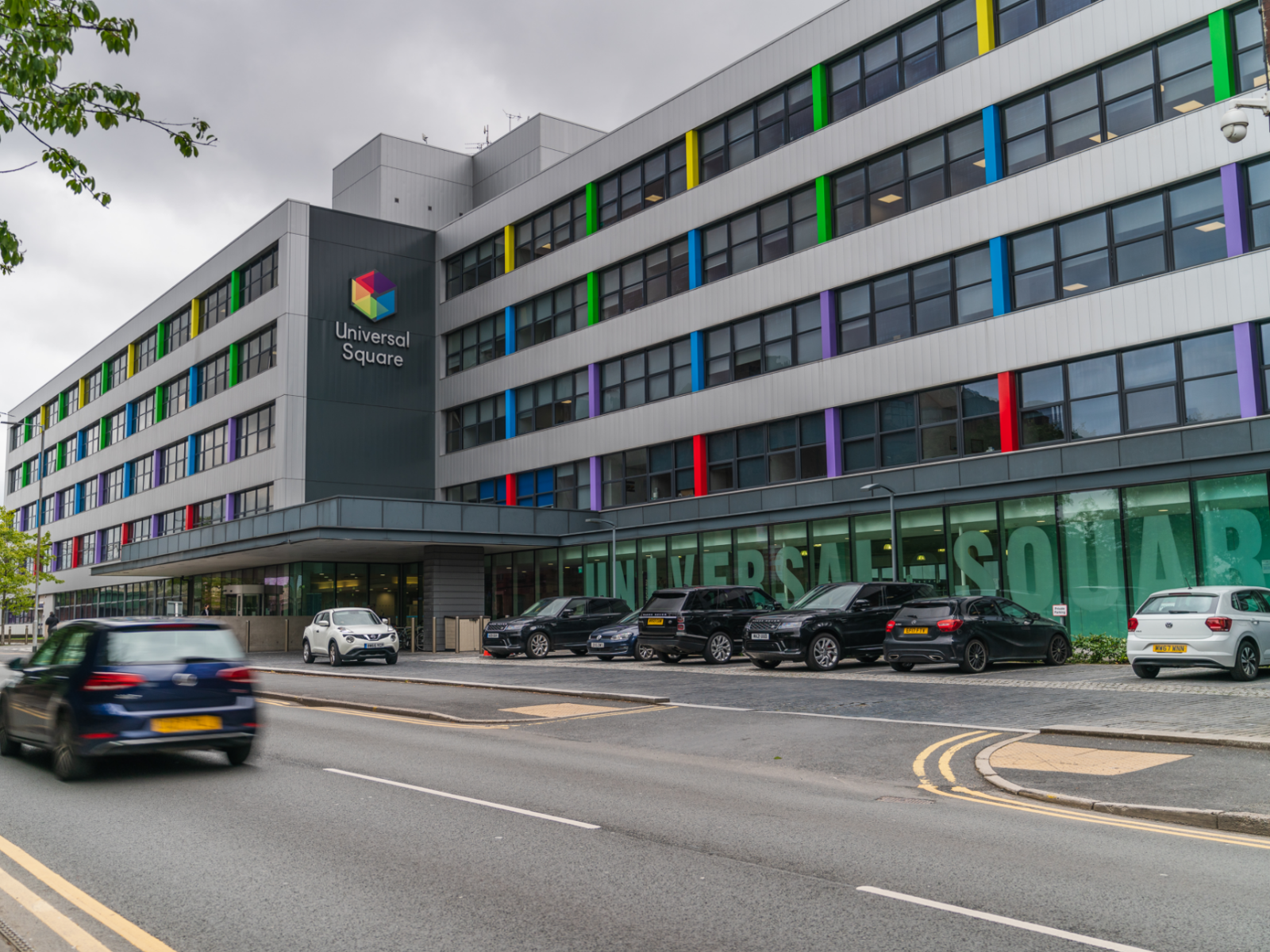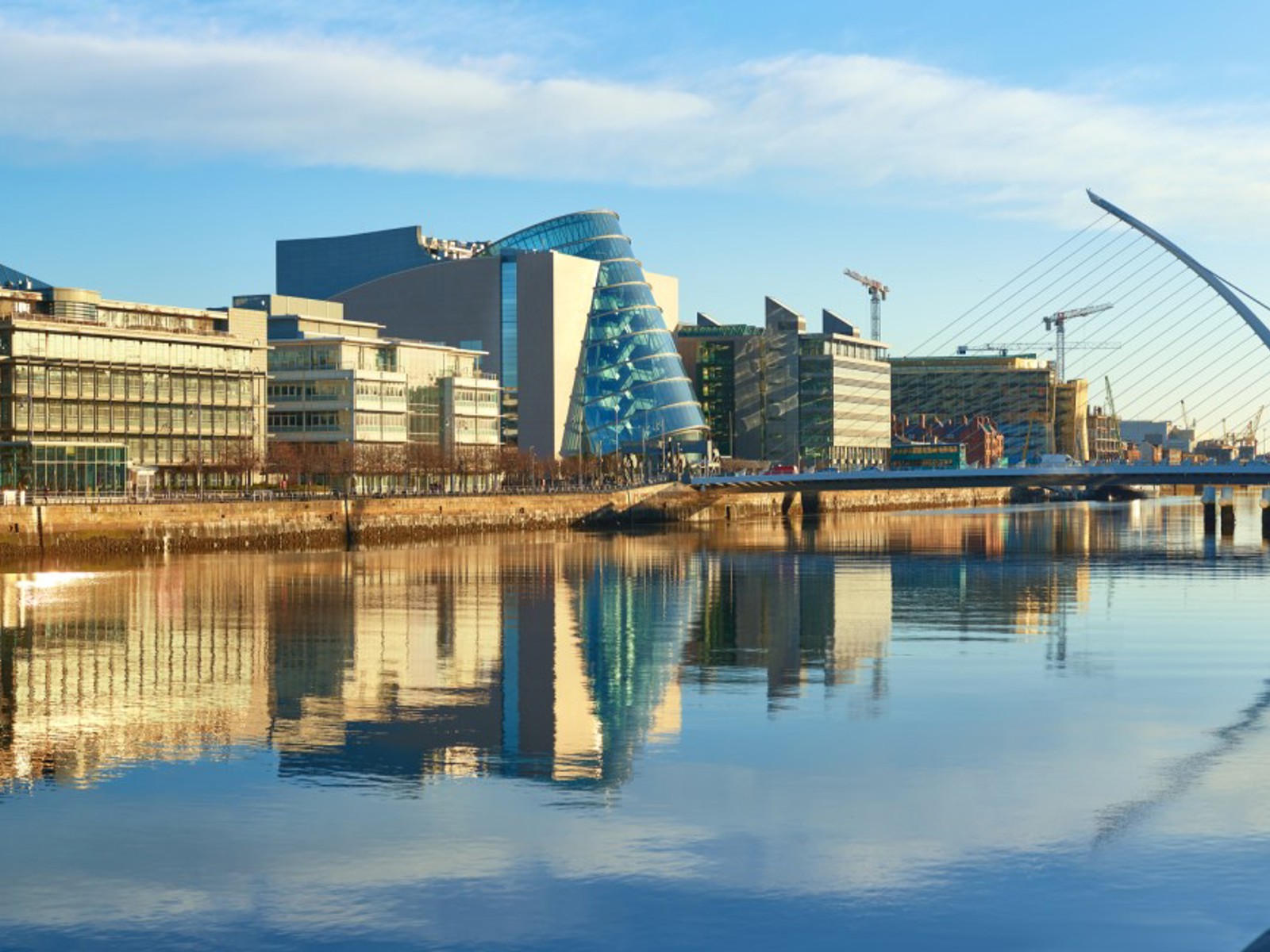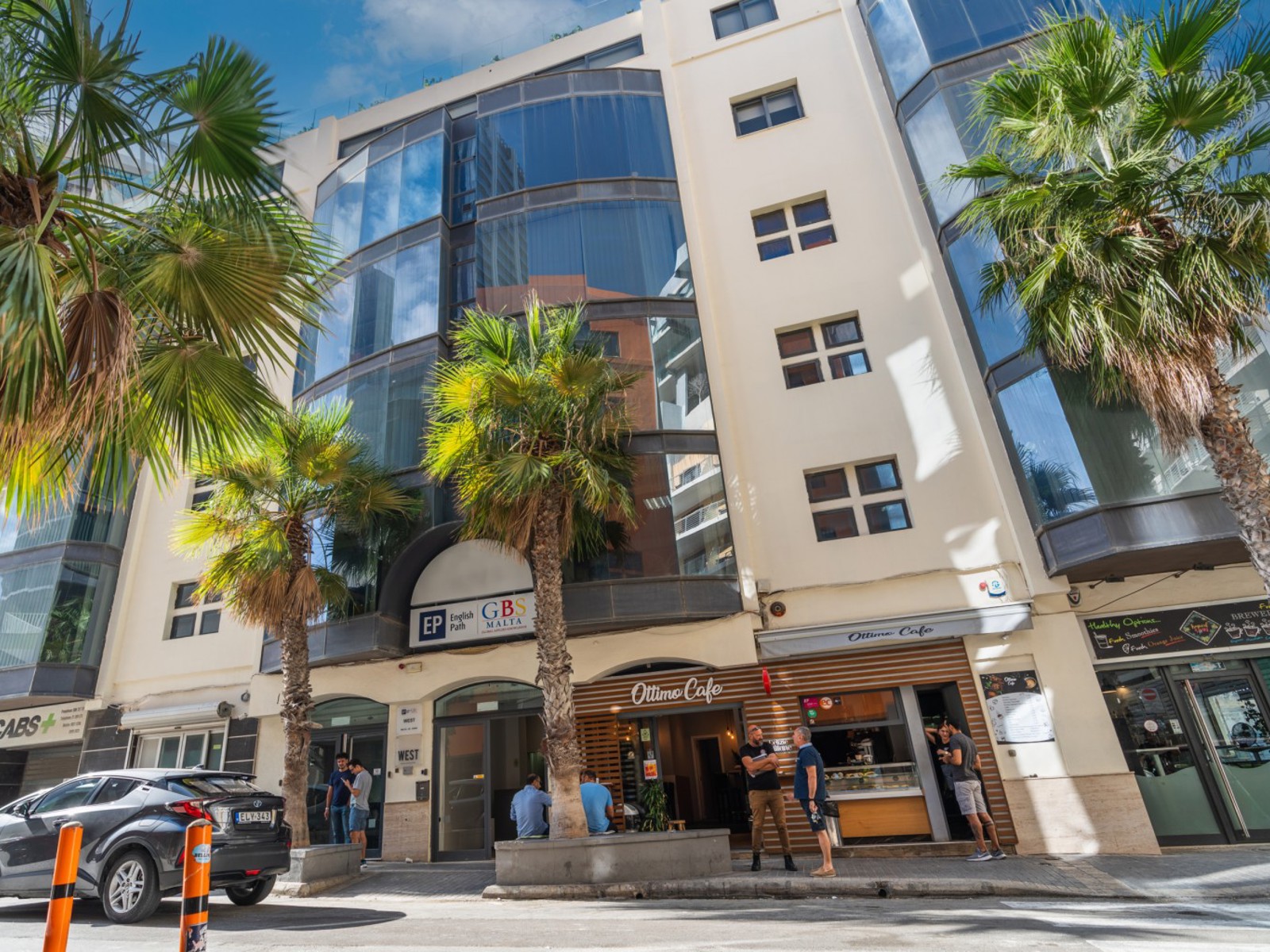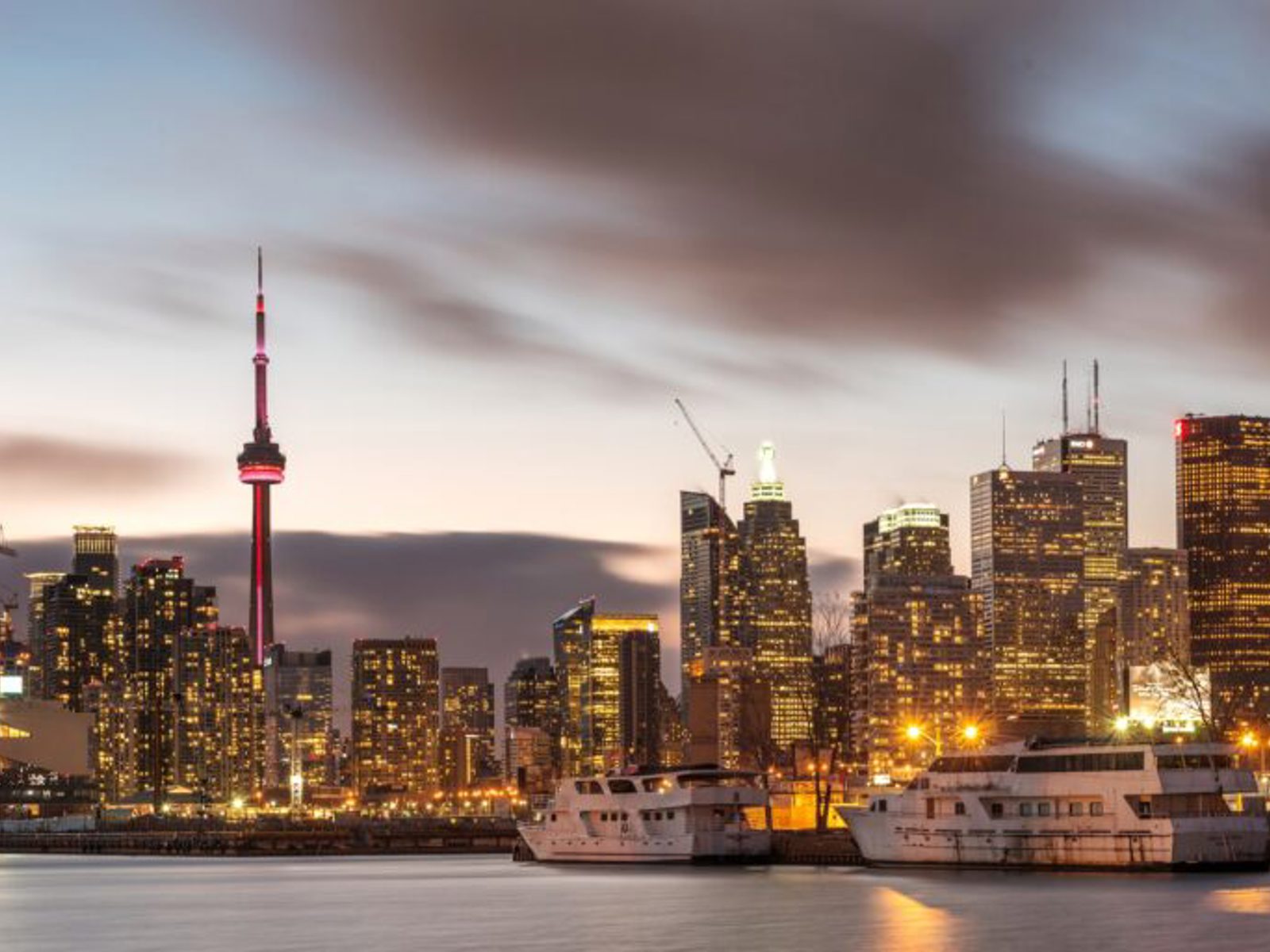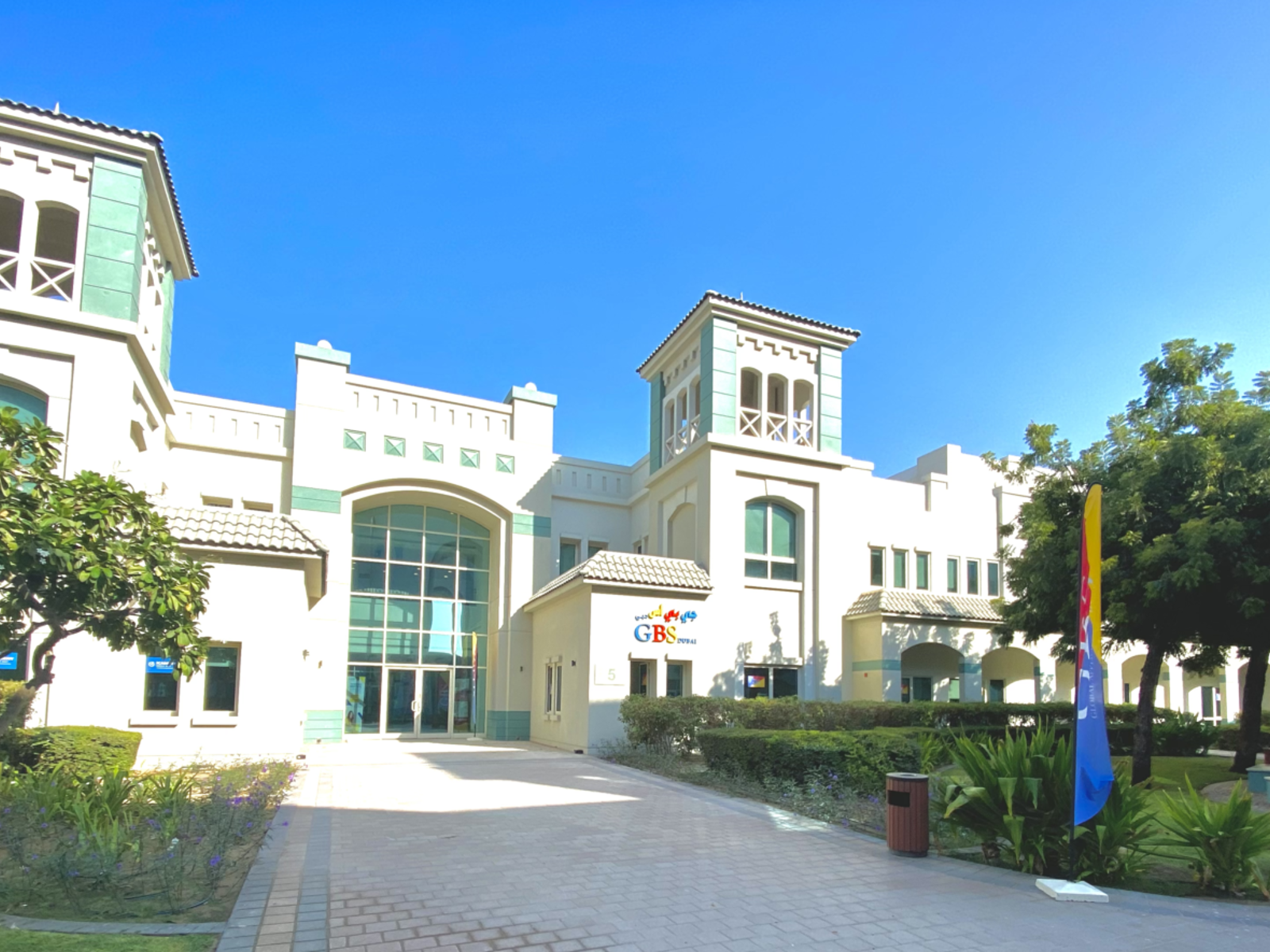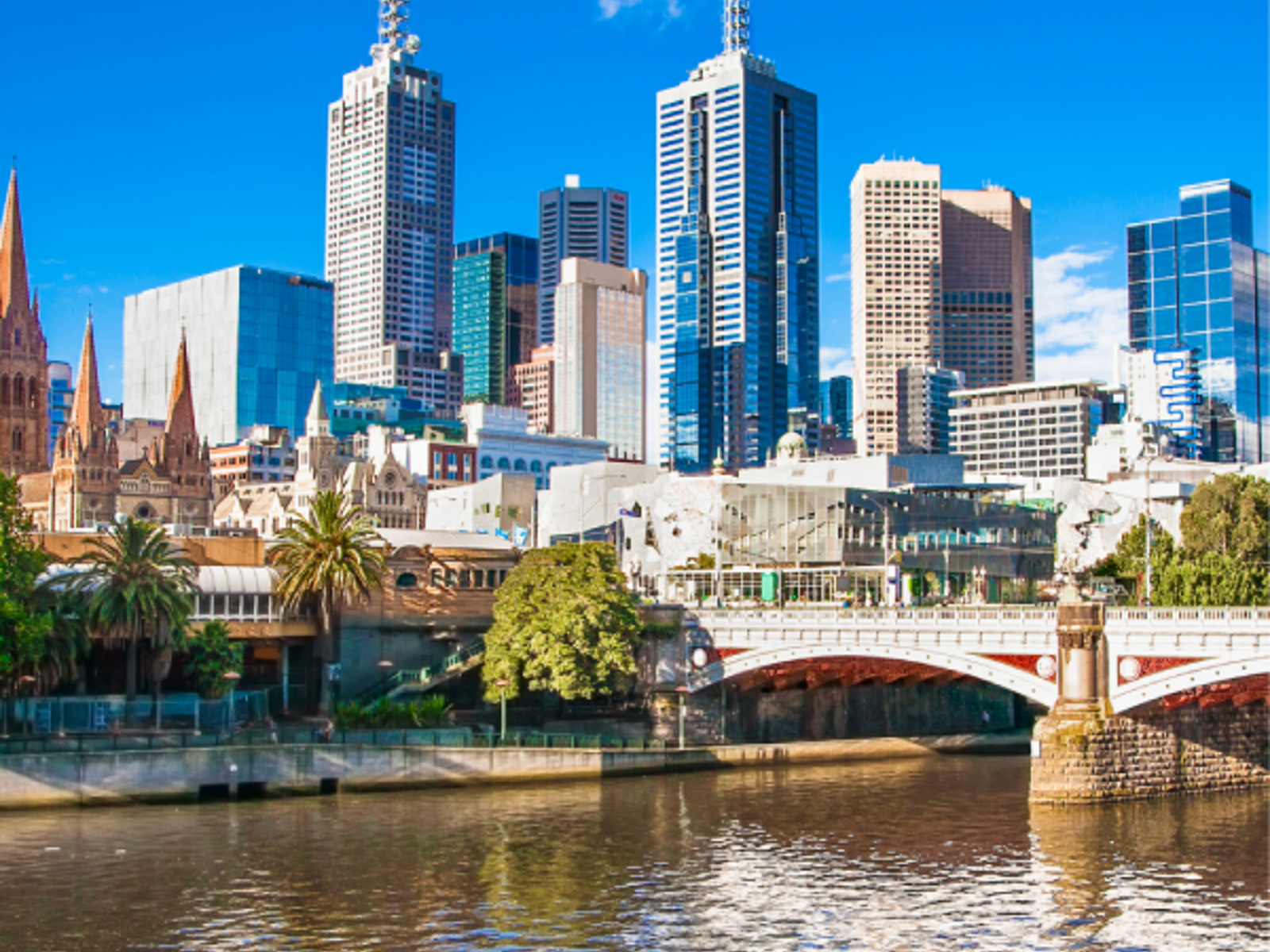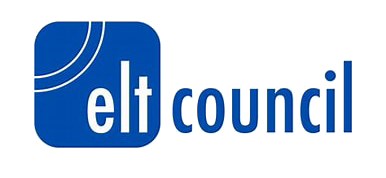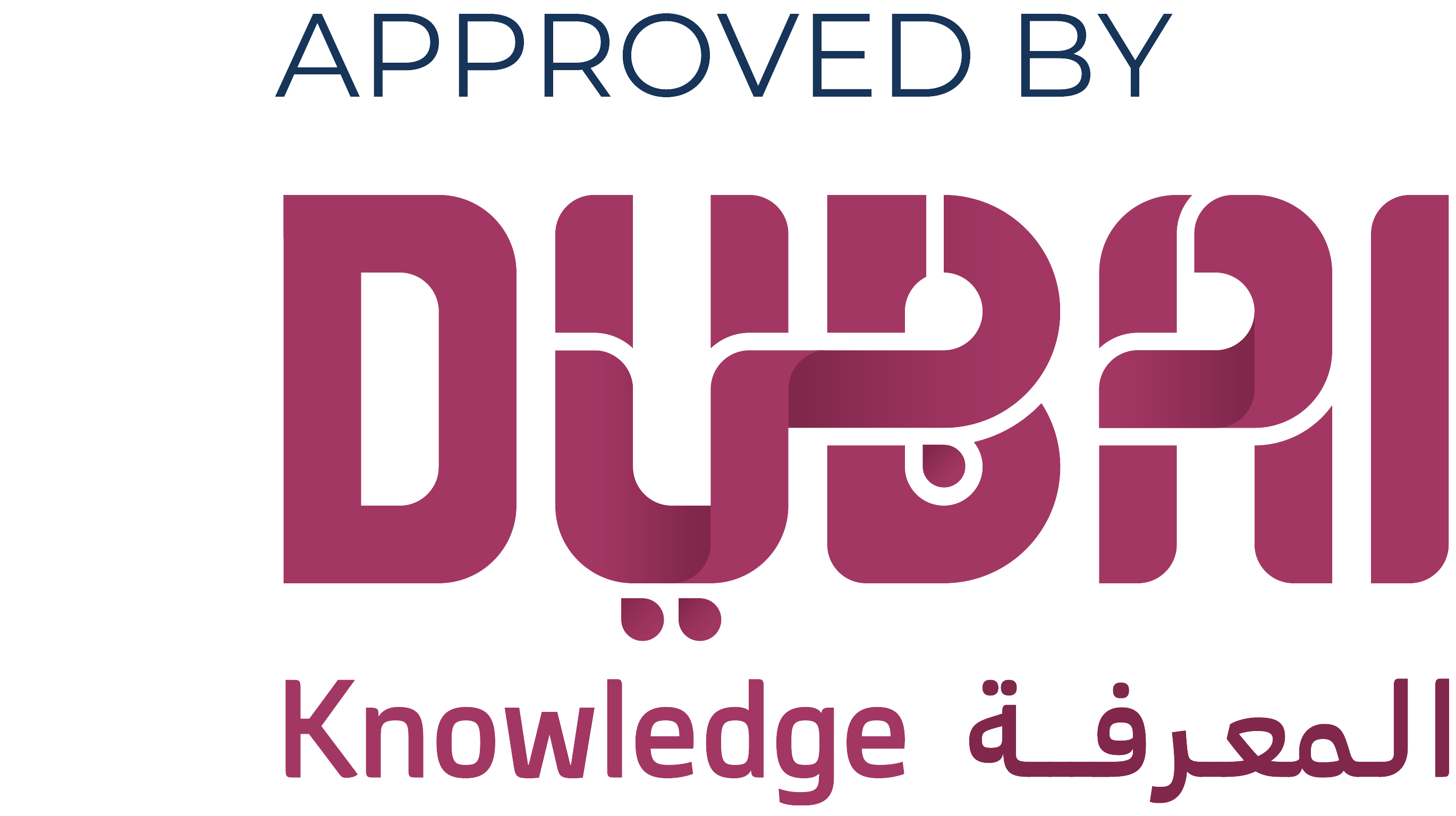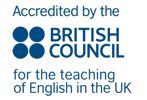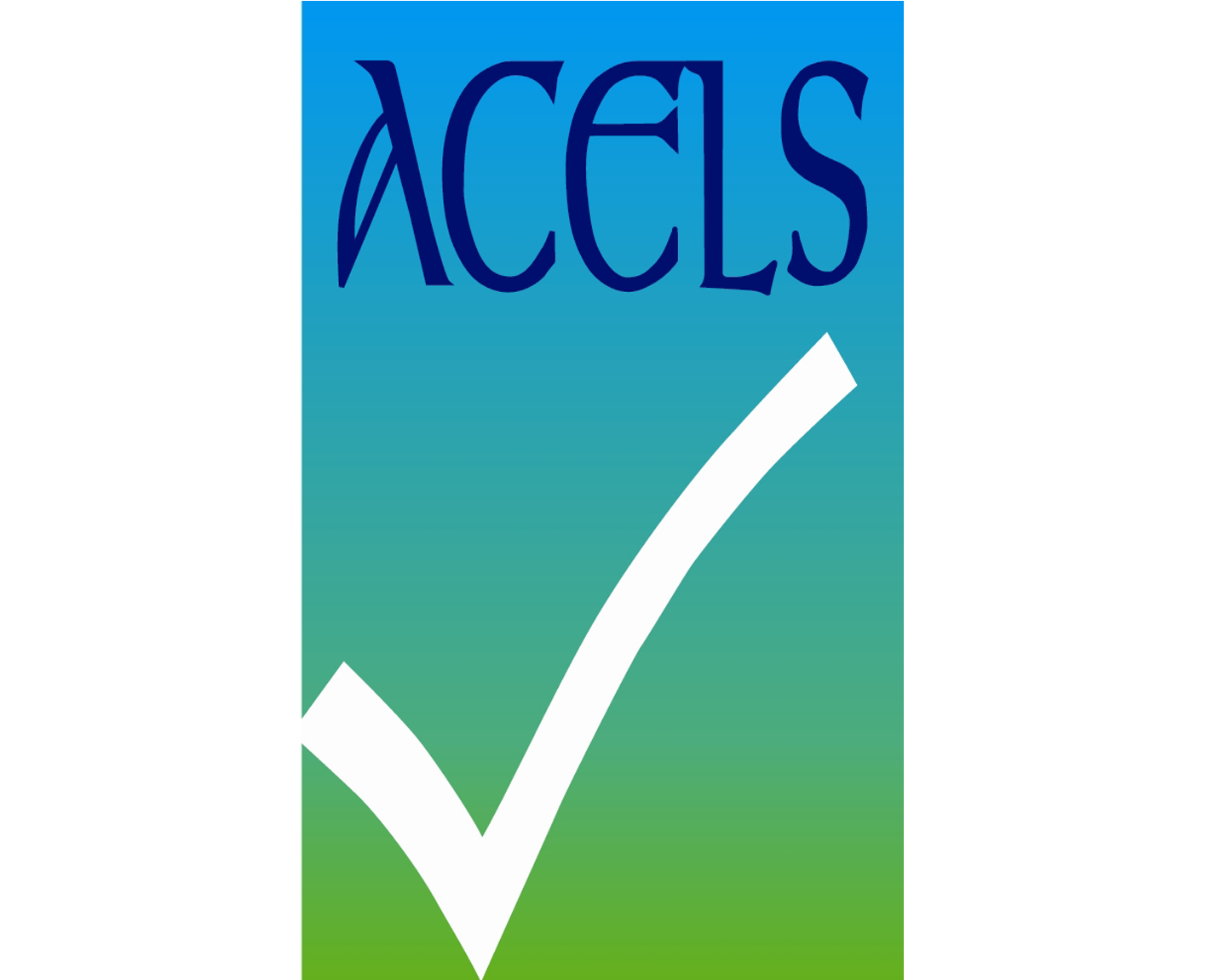Arriving at the airport in a foreign country can be overwhelming. To better prepare yourself, make sure that you have read the information below about your arrival and how to get to your accommodation. If you get lost or confused upon arrival, don’t be afraid to ask the airport staff for help as they will be happy to give assistance.
(i) If you have booked a transfer with us, in case of a service emergency, use the following details to contact us: If you have any flight changes, miss a connecting flight or need help meeting the transfer service, you should call the emergency number. Please be prepared to tell them your name, school name (English Path) and location. Students should only accept a transfer from a greeter with the official EP Paris signage.
- Transfer service emergency number: +33XXXXXXXX
(ii) Be aware of the general living costs (sample prices for items in this city)
- Bottle of water: 0,70€
- Coffee: 2,70€
- Can of coke: 2€
- Meal out for two: 40€
- Takeaway pizza: 18€
- Sandwich: 5€
- Local bus ticket: 2,15€
- Local subway ticket: 2,15€
- Bike rental: 3,10 to 9,20 €/month
- Cinema ticket: 13.50€
(iii) Understand the local customs
- Women in France are equal to men and should always be treated fairly.
- French people talk to strangers in public areas. This is a great way to practise French, but caution should be taken. You should not give out your address and telephone number or accept inappropriate invitations.
- "S'il vous plaît" and "Merci" are very important words! Always use them if you ask someone to do something for you, or if they help you or give you information.
- France is a culturally diverse nation where people of all ethnic backgrounds are treated equally.
- People in France leave a tip for good service in restaurants, hair salons and other places. The tip rate at most restaurants is about 2-5% of the bill and is not usually included. Fast-food is not tipped unless it is delivered. Porters in hotels should be tipped approximately 5€ per bag. Taxi drivers are generally given a small tip up to a few Euros.
(iv) Health and safety come first
- Medical insurance: All students must have medical insurance for the duration of their stay in France.
- If you get sick: If you get sick while in France, you should visit a doctor. You can ask the Student Services team or your host family where the nearest doctor is. If you have a minor illness, you can ask staff at a local pharmacist for advice. Remember to bring any relevant insurance or medical documentation with you.
- Protecting your belongings: We strongly recommend you take out insurance for your personal belongings, especially cameras, music players, mobile phones and laptops. Personal items cannot be covered by EMA homestay or residence insurance.
- Prescription medication: Remember to bring enough of your prescribed medication with you as French pharmacists will not dispense a foreign prescription. International customs agents may ask you questions about your medication upon your departure or arrival, so be sure to pack it carefully. Bring any important medical records (blood type, prescriptions, x-rays) that might be useful for medical care abroad as well as contact information for your health care providers at home.
- Staying safe at school: If you or another student has an accident or needs urgent medical attention, please come to reception where the First Aider is located.
- Fire safety: Fire safety: If you discover a fire, press the fire alarm button on the nearest alarm. Leave the building immediately via the fire exit. Make sure you tell a member of EMA staff exactly what happened so they can call 18. If you hear the fire alarm, leave the building immediately. Do not run, use the lift or stop to collect your belongings. EP/EMA staff in Paris and will guide you to the fire exit. Go to the assembly point. Follow any instructions given by a member of EMA or EP staff and do not go back into the building until you are told to do so or by EP EMA staff.
- Personal safety and looking after valuables: Paris is generally a safe place but as with a lot of big cities, you should always be alert. Some tips are: Be alert when you are walking alone at night. Avoid carrying large amounts of cash. Do not leave your belongings unattended. In France, you do not need to always carry your identification card or passport with you, you can keep it at home and carry a picture of your ID on your phone or a photocopy in your bag.
(v) Medical costs
Medical costs are at the discretion of your local doctor or hospital. Minimum medical costs are as follows:
- Consultation with a doctor: 25-90€
- Prescriptions at a chemist: 5-70€
- Dental treatment: 80€
- Eye test or new glasses: 90-300€
(vi) Laws
- No one under the age of 18 in France may buy or consume tobacco or alcohol, including beer and wine. It is against the law to buy tobacco or alcohol for someone you know who is under the age of 18.
- Driving under the influence of alcohol is a very serious crime and police make regular random checks.
- You will need international ID to enter bars, clubs or pubs (e.g. Passport, ID card, driving license).
- Buying, selling and using drugs is illegal.
(vii) Student code of conduct
- You must attend all classes. If you do not attend your classes your representative will be informed. If you do not, then improve your attendance you will be sent home. 85% attendance is needed to be able to receive a certificate of completion.
- Be on time for all your lessons.
- Always inform English Path if you are going to be absent from school for any reason and tell your host family if you are going away overnight.
- If you commit a criminal offence or have to be severely disciplined, you will be sent home. We will also inform the immigration authorities.
- Be respectful, polite and open to different cultures.

